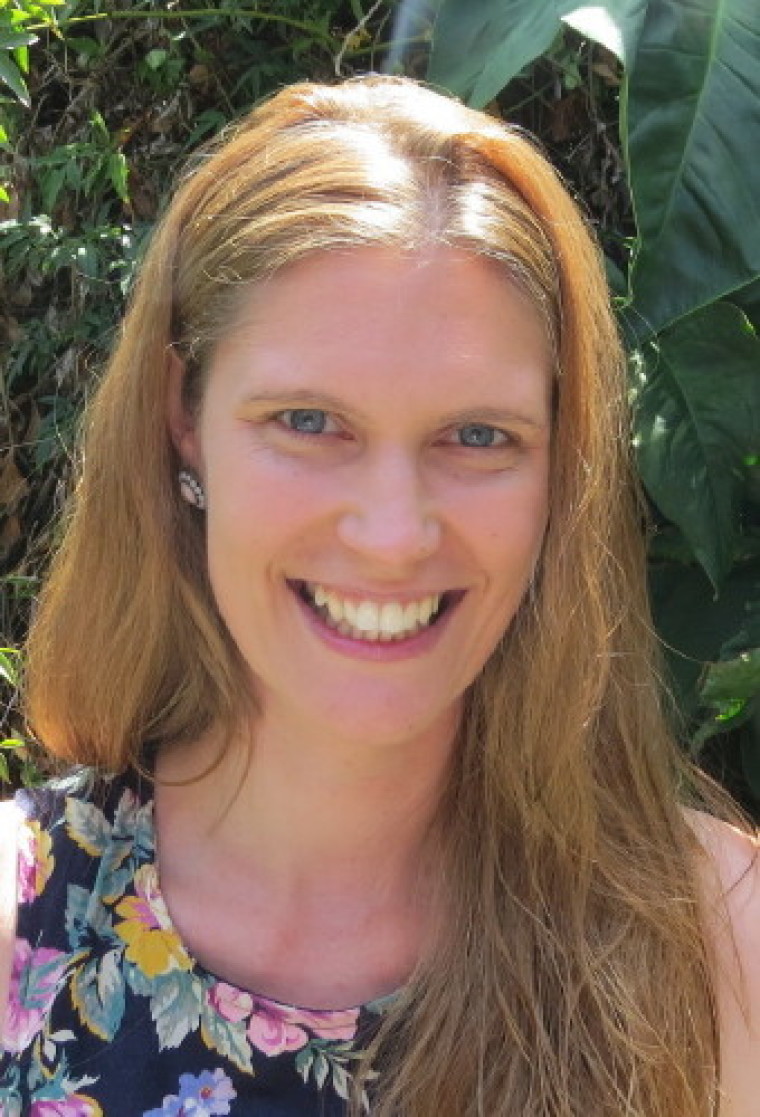
This is the opening line of the film, The Book Thief, which I recently viewed.
This question stuns me. I live in a society that avoids death. We hide the dying in hospitals, elderly in nursing homes and open caskets are becoming rare. Sometimes I think we need a reminder we are going to die.
The Book Thief is a film that is narrated by Death himself. The protagonist is Liesel, a 9 year old girl living in 1939 Germany. At the beginning of the film we are confronted by Liesel's gut-wrenching scream 'Mama!". She's sitting on a train pointing to her lifeless brother. Death comes harrowingly close to Liesel.
Young Liesel then goes to live with foster parents in an idyllic village that is adorned with pure white snow, a setting far from the realities of war. Her foster Dad, Hans, tells Liesel "a man is only as good as his word," which is why the small family ends up hiding a Jew named Max, whom teaches Liesel to love words.
In a nutshell this is a film celebrating the redemptive power of words.
I think this message is a great one. Words are redemptive when they bring hope, comfort and grace. Words on the internet or spoken on the phone or 'facebooked' or texted and even the words in our own heads have the power to enhance our life. Words bring us from loneliness to community; words can be the vehicle of loving others.
The redemptive nature of words is a concept deeply rooted in ancient Hebrew thought. The Bible says that God is by His nature hidden, so He is revealed by His word, starting with the first sentence of the Bible when God speaks creation into effect (Genesis 1 verse 1). The concept of the word develops throughout the Bible, and in Hebrew poetry the word is personified as a healer and messenger (Job 28 verse 22).
When we come to the book of John it echoes the first sentence of the Bible, "In the beginning" and follows later with "the word became flesh" being Jesus (John 1 verses 1, 14). Jesus, in Christian thought, is the Word who brings redemption to the people of the world.
Failing Words
The Book Thief wants us to be happy, joyful, to celebrate how words lead us to redemption.
To some extent this message bothers me.
Even redemptive words are somewhat insignificant compared to most of the world's suffering. Reviewer for the Sydney Morning Herald, Paul Byrnes, writes about the film "in the face of the Nazis, they [words] were hardly enough… Everyone else may be dead, but she [Liesel] can read." The simplicity of the message makes many reviewers regard the movie as offensive, a film that distastefully sugar coats the suffering of war.
I get what Byrnes is saying. Suffering can be insurmountable. Sugar coating suffering can be deeply harmful.
Life as a Fairy Tale
But honestly, something has challenged me over the last year.
I've been going to a support group for people who have experienced the death of their baby or young child. Of course in this group there's distress and heartache and deep despair. But you know what? Every time I go I witness little glimmers of comfort. Of hope. Friendship. And there's always a lot of laughing.
So I suspect The Book Thief is right, people can hold onto and treasure and make the most of the littlest glimmers of hope during their time of overwhelming anguish.
Understanding death helps us have glimmers of hope
This got me thinking, why are my friends able to develop hope after they have suffered so much?
I wonder if the reviewers, like Byrnes, dislike the movie because as a society we don't know death well enough. It freaks us out. It shocks us. We think death consumes all that is good.
Maybe it's because my friends at the support group know death so well they can find hope. So I think it is in wisdom that The Book Thief urges us to spend some time thinking about death. As did Hebrew poetry, which asserts death unlocks secrets to life (Job 28 verse 22). And throughout history young people have often been encouraged to spend time with the dying to learn wisdom.
Maybe it's being around death we learn that the horridness of death does not actually consume everything that is good.
We can celebrate the beautiful redemptive power of words. We can celebrate hope. Grace. Jesus. Death does not have to eclipse everything good. Leisel was blessed by words. And I am too.
Danielle Carney lives on the Gold Coast. She has a degree in Theology and is now studying again. She is married and has a three year old daughter and two sons who live in heaven.
Danielle's archive of articles can be viewed at www.pressserviceinternational.org/danielle-carney.html